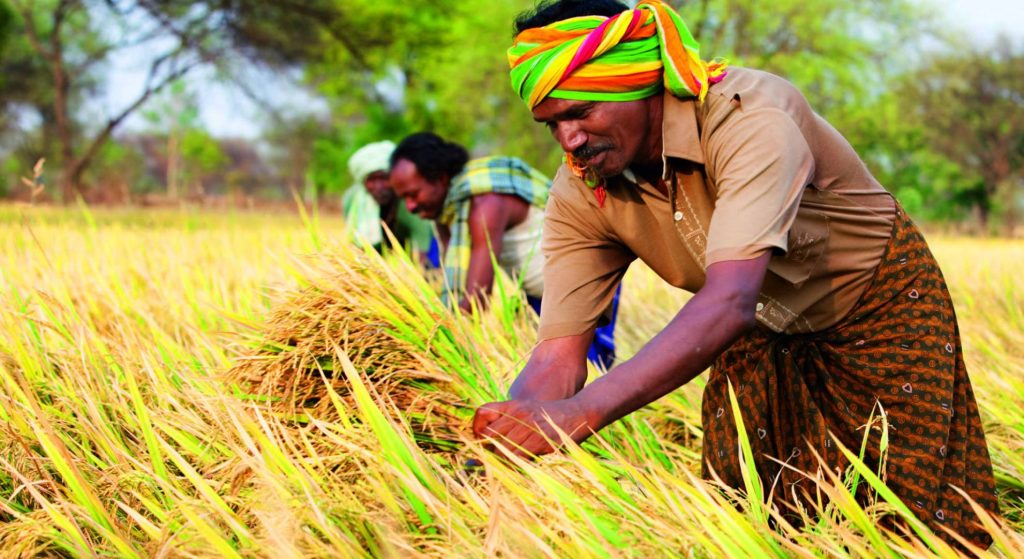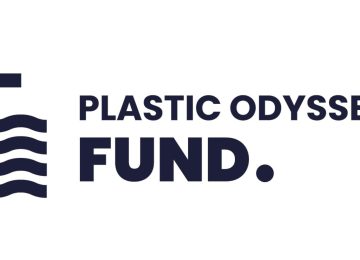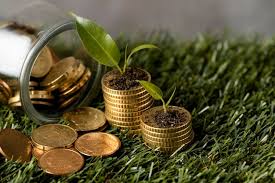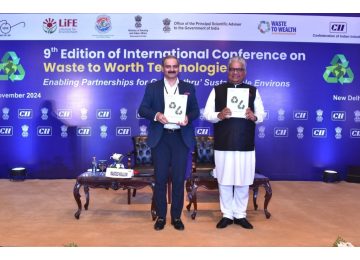Bayer has announced its first carbon credits from thousands of Indian rice farmers who are implementing regenerative practices, such as direct-seeded rice (DSR) farming.
Gold Standard, a top voluntary carbon market standard, is validating, certifying, and issuing credits for up to 250,000 tonnes of CO₂e.
Climate-conscious companies can purchase credits to support GHG emission reductions, water savings, and regenerative agriculture in smallholder farming at scale.
In a press release, Bayer said that regenerative agricultural practices like direct-seeded rice in India have reduced greenhouse gas emissions and benefited rice farmers by reducing labor and water usage, lowering cultivation costs, and increasing farm profitability.
The Bayer Rice Carbon Program has facilitated the adoption of regenerative agriculture practices by thousands of farmers in 11 Indian states over the past two years.
The company’s program aims to reduce methane emissions by transitioning farmers away from transplanted puddled rice cultivation, generating carbon credits, and lowering methane’s potency over time.
The European Commission states that methane is 28 times more effective than carbon dioxide at trapping heat over 100 years and 84 times more effective on a 20-year timescale.
“The Bayer Rice Carbon Program is generating hundreds of thousands of high-quality carbon credits, and with this large-scale pilot feeding into larger-scale projects across the region, there are many more in the pipeline,” said George Mazzella, VP, Ecosystem Services Business Development, Science Division, Bayer’s Crop.
“In addition to reduced labor and water usage and potentially lower cultivation costs leading to increased profitability, farmers participating in the Bayer Rice Carbon Program have access to crop advisory services throughout the season. Our teams on the ground are working with farmers as they transition to new practices,” added Mazzella.
“Direct-seeded rice is an important regenerative practice that reduces emissions of a potent greenhouse gas, and we are excited to see the first carbon credits coming out of it,” said Frank Terhorst, head of strategy and sustainability, science division, Bayer’s Crop. “For us, regenerative agriculture is about on-farm outcomes, driven by production systems that not only create value for farmers but also make farming more resilient and also benefit the environment. In the long run, such systems enable farmers to produce more food without starving the planet.”










